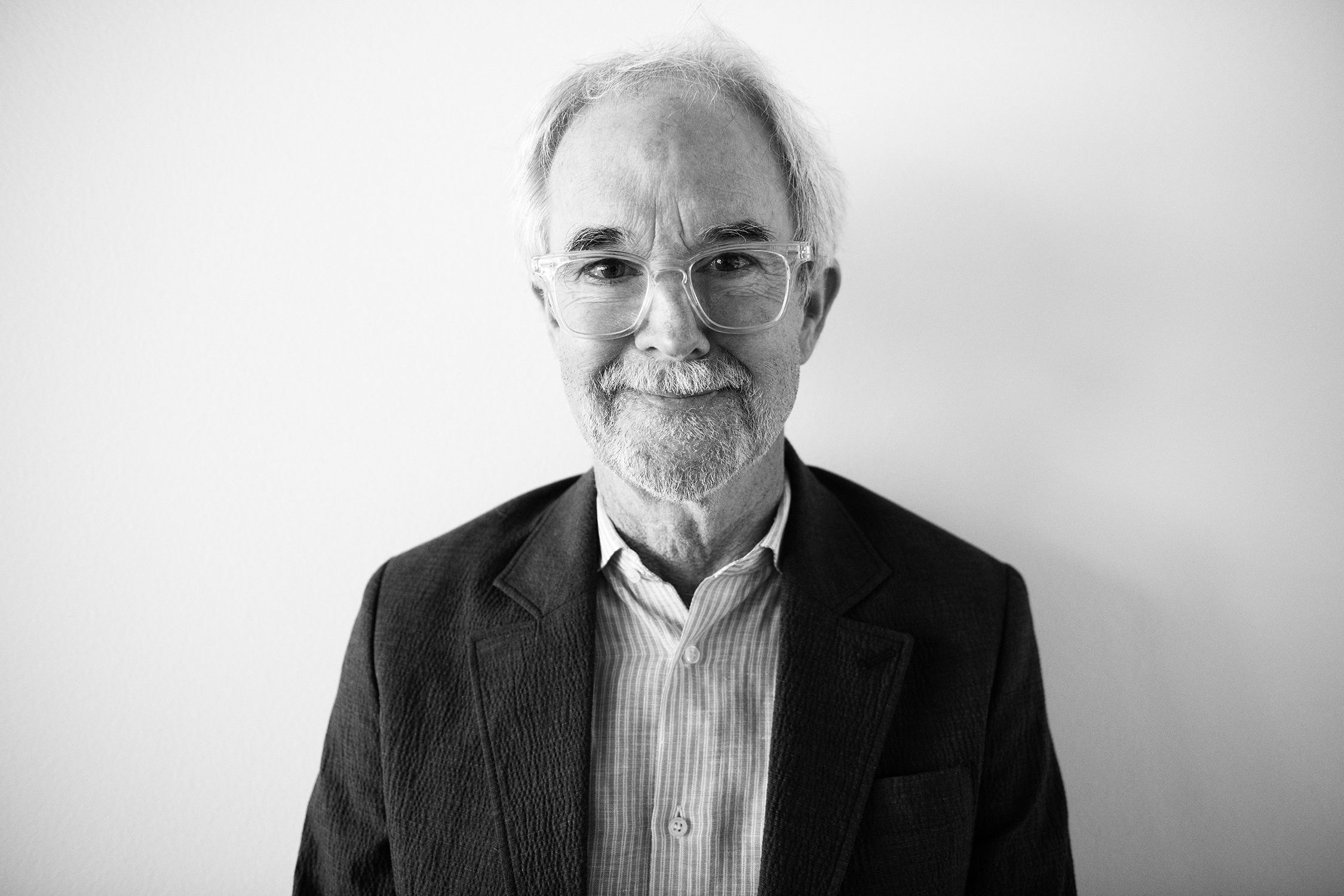
Michael was born in 1954, surrendered on Armistice Day by his birth mother at New York’s St. Vincent’s Hospital in Greenwich Village into the care of the venerable New York Foundling Hospital, a Catholic adoption agency. His adoptive parents collected him five weeks later and drove to their home in upstate New York, where they commenced to raise him as an only child. Michael’s childhood was idyllic—life in small town where everyone knew everyone else, and yet he never felt known himself. He kept his own counsel, set his own goals, and thrived in many respects—good student, active athlete, even King of the Prom (!). However, he suspected it was all by virtue of his own orchestrated charade, a performance aimed at being liked, accepted, and granted freedoms. Michael did well at a private college but found that he was terrified as graduation approached. He hastened into a quick marriage and then fatherhood before he was ready. He was desperate, as he was to be released from higher education, to find a family, or make one. Three marriages later he understands something about the deficit of being adopted and given up and being alone in the world with nothing but mystery about you. At the age of 50, after years of intermittent research into his birth families, he found the answers that he’d already intuited about his origins, both blood and cultural. Michael, a writer, tells his story in his most recent book, Beckett’s Children: A Literary Memoir, though his story was eerily foretold in earlier works. He is now happily married, the father of two boys—each of whom he parted from in a different way, and each of whom has been affected in a different way. He believes that language and literature were his “lifelines,” and through reading and searching he recognized reflections that turned out to be his own, for good and ill.
